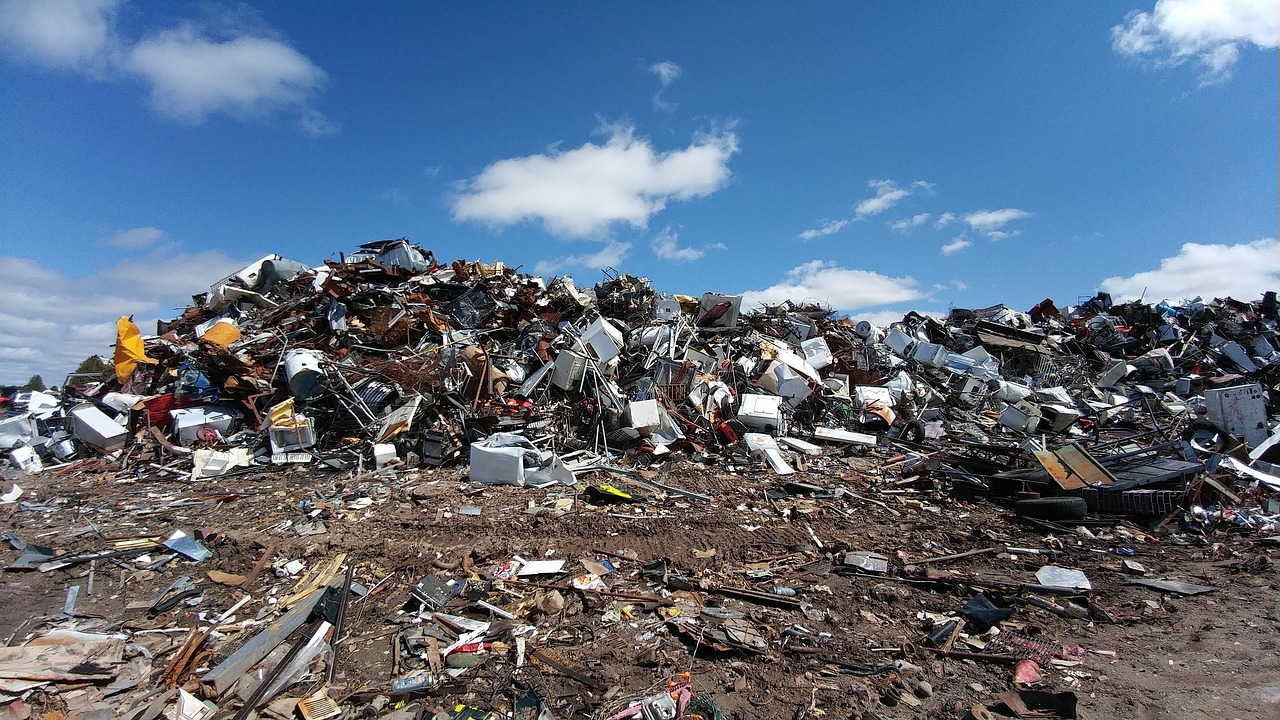Apart from being in the top five producers of household waste per inhabitant in the EU, Cyprus has made a complete mess of treating this waste. Environment commissioner Antonia Theodosiou said it was an extremely worrying state of affairs, pointing out that Cyprus would end being slapped with massive fines by the EU for its failure to set up an adequate network of waste management facilities for mixed municipal waste and the treatment of waste before landfilling.
These failures have been well-documented over the years. We have used old waste treatment technology, cut to the measures of a specific company and paid grossly inflated rates for it, the operation of another treatment plant gave rise to rampant corruption, while the waste treatment plant in Pentakomo, for which the European Commission paid a significant amount of money, was closed down.
The biggest failure was Pentakomo, regarding which the European Commission sent a letter of formal notice to the government in 2021, noting that “Cyprus has breached the waste legislation as it had failed to ensure that waste is subject an adequate treatment before being landfilled.” Two years later it had issued an early warning report, saying that Cyprus risked missing recycling targets set by the Commission for 2025, by which time 55 per cent of municipal waste had to be recycled; we are not even at half this level and it is 2025.
While many mistakes have been made on waste treatment, arguably the biggest is the absence of a central authority to run policy. The management of waste was initially the responsibility of the interior ministry and it was subsequently passed to the agriculture ministry, while municipalities administered the collection and disposal of waste for which they also collected fees from households. Recycling, which is still in its infancy, is run by a private concern with mixed results.
Theodosiou on Thursday spoke about the inadequate management of waste by municipalities, which regularly complained about the high costs involved. Perhaps they should consider charging higher rates to households, but would this guarantee more effective management? The cost is an issue because municipalities are small and cannot spread the high cost over a large enough number of households. The answer may be the pooling of resources so there are economies.
For the commissioner, the way forward was for the government and local authorities to work together to achieve “practical and effective” waste management. This may be a solution, but there must be a central authority that is ultimately in charge of waste management, issuing directives, controlling costs and ensuring that municipalities are implementing the agreed policies. Municipalities are too small to have a cost-effective method of managing waste which is why a central authority could make the difference.
What is clear is that the current system that depends on different authorities working in parallel is not delivering the results. It might be an idea for the government to bring in a team of consultants – it could also seek the help of the European Commission – to put together a national action plan on waste management. This might be costly, but we seem to have run out of options.






Click here to change your cookie preferences